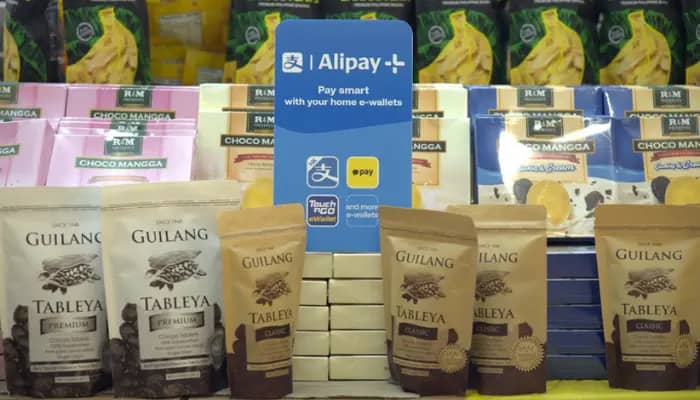Singapore – Shoppers in the Asia Pacific region are increasingly prioritising flexible delivery options and real-time parcel tracking in their online purchases, according to a report by DHL eCommerce.
DHL’s report highlights the rising expectations for delivery times and real-time tracking among shoppers in the region, driven by the evolving online shopping landscape and the surge in social commerce.
According to the report, more than two in three online consumers in APAC consider next-day delivery essential, with 74% of respondents in Thailand and 72% in India echoing this sentiment. When it comes to delivery preferences, nine in 10 shoppers in India (89%), Malaysia (89%), and Thailand (94%) favour home delivery, reflecting a strong preference for convenience.
However, there is also a growing demand for alternative delivery options, particularly once an item is out for delivery. Many online shoppers emphasise the importance of being able to redirect their parcels to a safe location, such as a neighbour’s home, a parcel locker, or a designated pick-up point, as well as the ability to change the delivery date. This flexibility significantly enhances the overall convenience of the shopping experience.
Moreover, 86% of APAC consumers anticipate end-to-end tracking for their international orders, highlighting the growing demand for real-time visibility and control throughout the delivery process. Respondents identified ‘quick delivery time’ and ‘real-time tracking’ as the two most critical factors for enhancing their overall delivery experience.
Aside from flexible delivery options, the report reveals that free returns are becoming a significant factor in purchase decisions for APAC shoppers, with 43% of consumers in the region indicating they will only shop with retailers that offer this option.
Notably, India leads globally, with 67% of shoppers stating that free returns are a crucial criterion, influencing their choice of online retailers. Additionally, 67% of online shoppers in APAC prefer having a return label included with their parcels for easy returns. This expectation is particularly pronounced among Thai and Indian consumers, with 71% and 70%, respectively, expressing a strong desire for this convenience.
DHL emphasises that implementing flexible and cost-effective return policies is essential for businesses aiming to foster customer loyalty and drive repeat purchases.
International online shopping is on the rise, fuelled by the evolution of digital payments that enable a more seamless cross-border shopping experience for consumers. In the APAC region, nearly four in five shoppers (76%) make purchases from online retailers in other countries at least once a month, with 30% engaging in cross-border shopping on a weekly basis.
The report reveals that India is at the forefront of global cross-border purchases, with 38% of Indian shoppers making international purchases at least once a week. This trend is mirrored in Malaysia and Thailand, where 80% of consumers shop from overseas at least once a month, followed closely by 75% in both China and Australia.
Looking ahead, the report further notes that 37% of respondents anticipate increasing their online purchases from non-local retailers over the next 12 months.
The report highlights that to capitalise on this demand, businesses must prioritise security and transparency to reassure customers. Despite the growing enthusiasm for cross-border shopping, fear of fraud persists for at least one in two APAC shoppers, with Malaysians expressing the highest concerns about seller authenticity and transaction security.
Concerns about fraud and transaction security hinder consumers from increasing their international purchases. The report emphasises that businesses need to prioritise secure payment systems, transparent shipping information, and dependable delivery processes to build trust and foster repeat purchases.
Pablo Ciano, CEO of DHL eCommerce, said, “Asia Pacific consumers are driving demand for cross-border shopping like never before. This means that there is a tremendous opportunity for businesses to grow internationally if they sell and engage effectively. Specifically, with the rise of on-demand business models influencing today’s digital shoppers, ‘speed’ and ‘choice’ are everything. By addressing key consumer concerns such as transparent delivery times, flexible returns, and fear of fraud, retailers can capture the growing market.”


















